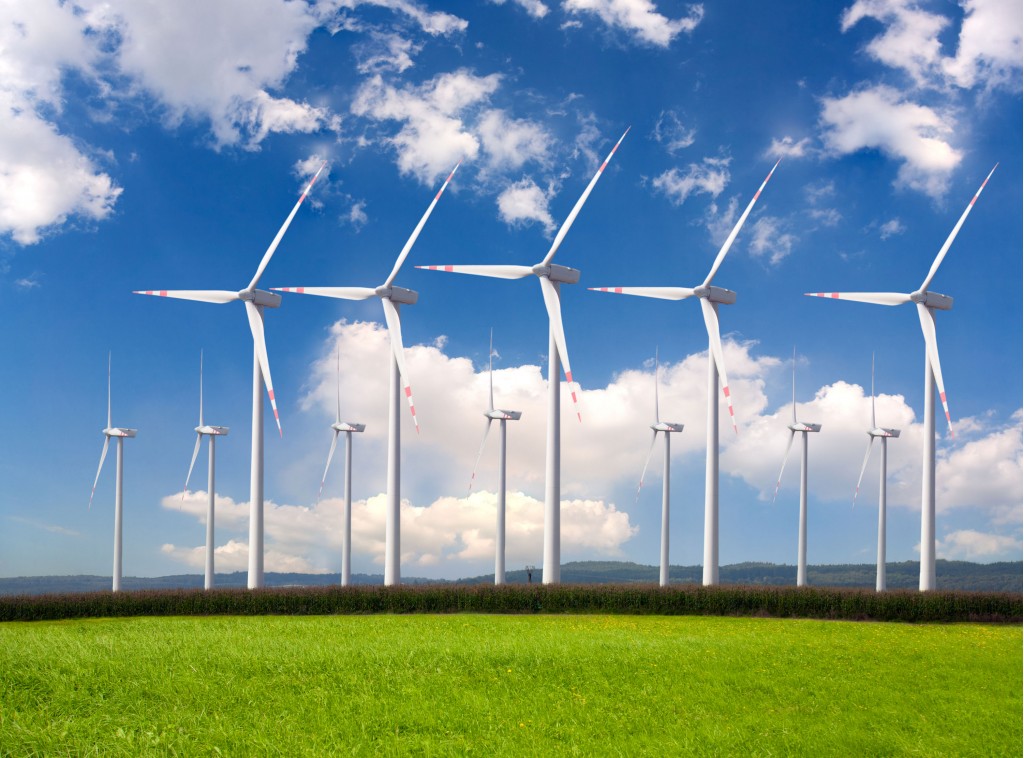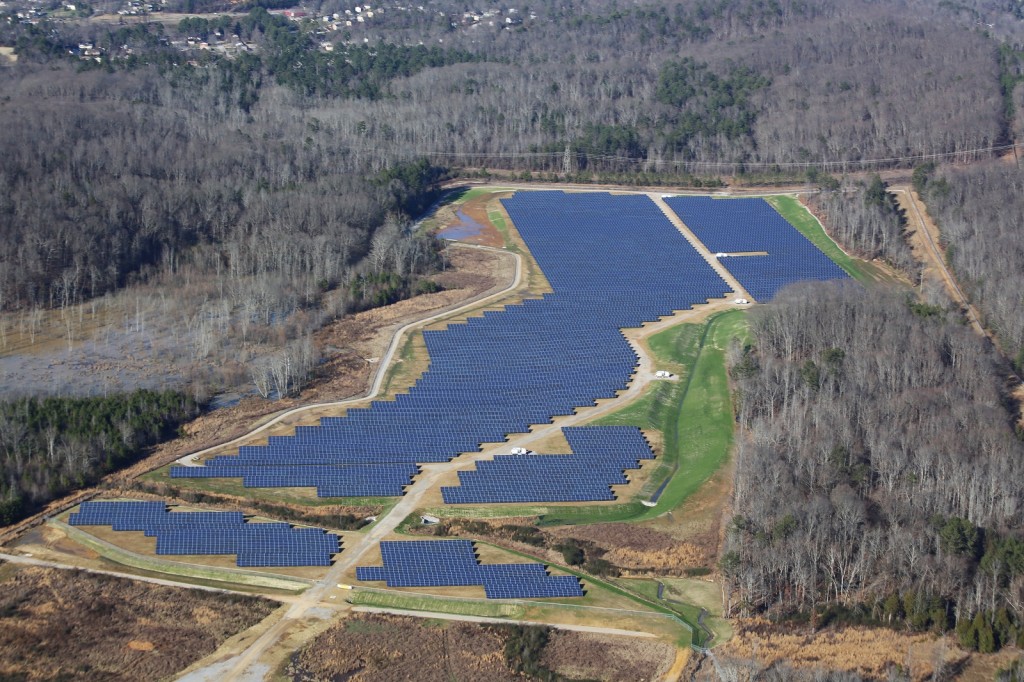The Federal government's Advanced Research Projects Agency-Energy said last week that it has made huge strides toward creating a next generation of batteries for energy storage.
The agency is tasked with kickstarting energy-related projects in the private sector; its director suggested that the new technologies could be on the market soon.
ARPA-E director Ellen Williams said the agency has funded several high-risk battery projects that utilize newer technology than Tesla's Powerwall batteries, which store energy gleaned from solar panels.
DON'T MISS: California Takes The Lead In Using Batteries For Grid Storage (Jun 2013)
She laid out the latest progress in an interview with Reuters, but didn't provide details on the specific technologies in the interview.
Still, one firm funded by ARPA-E is startup Alveo Energy.
Based in the San Francisco Bay Area startup, Alveo is working on battery technology that delivers both high power and very long life, targeting utility-scale storage for renewable energy and also localized microgrids.

wind farm
Energy storage is considered to be among the most promising frontiers for moving to renewable energy, but also among the most challenging.
So far, only a handful of firms have commercialized grid-energy storage batteries, Tesla most prominent among them.
ALSO SEE: Is Tesla Motors A Carmaker...Or Really A Grid-Storage Company? (Apr 2014)
The progress report comes on the heels of last year's United Nations summit in Paris, where the United States agreed to pump up its energy research and development budget to $12.8 billion over the next five years.
ARPA-E itself launched about seven years ago with a $400 million budget, but the U.S. is upping the agency's funding to $1 billion of that $12.8 billion by 2021.

Photovoltaic solar power field at Volkswagen plant in Chattanooga, Tennessee
The agency funds private-sector projects with a high degree of potential for three years.
It makes highly specific investments, with targeted short-term goals, it says, in firms that are considered to be too risky by most investors.
MORE: As Solar Installations Soar, Utilities Confront Distributed Renewable Power
The agency has invested in firms in all 50 states. It's a branch of the Department of Energy, but it operates largely autonomously.
Without cost-effective grid storage to buffer peaky and unpredictable wind and solar energy, utilities have said, the U.S. runs the risk of an increasingly destabilized power grid as mandates to increase the percentage of renewable energy rise.
________________________________________












